Cryptocurrencies: From the Crypto gold-rush of 2021 to the Crypto winter of 2022
- DATE : December 5, 2022
- AUTHOR : Hubert Petka
Cryptocurrencies: From the Crypto gold-rush of 2021 to the Crypto winter of 2022
- DATE : December 5, 2022
- AUTHOR : Hubert Petka
What’s next for crypto?
There have been very few dull moments in the crypto space since its inception. Cryptocurrencies have taken the world by storm and attracted an army of devoted followers. Interest boomed during the pandemic and the promise of extraordinary returns enticed many consumers around the world to dip their toes into the crypto water. The soaring popularity of cryptocurrencies has often been likened to the gold rush and during 2021 most crypto assets saw exponential increases in their value, creating a swathe of new businesses and enriching many early backers in the process.
Between April and June 2022, RFI Global spoke to banked consumers in 12 international markets, – Australia, Canada, China, France, Hong Kong, Indonesia, Malaysia, Mexico, Singapore, Thailand, UAE, and the UK – about their holdings of cryptocurrency, their motivations for obtaining crypto assets and their future plans. The study found that globally 18% of banked consumers have owned cryptocurrencies. Interest in cryptocurrencies is usually higher among younger consumers and is comparable across affluence levels.

While the value of many cryptocurrencies fluctuated considerably in 2021, for most it was a very successful year with Bitcoin reaching an all-time high in November. It has been a different story in 2022, particularly since the spring when valuations of many cryptocurrencies have plummeted, and questions have been raised about fortunes of many businesses in the sector. Yet, even when valuations have dropped, many cryptocurrency holders have remained bullish about future prospects and continue to see falling values as just reflective of the natural cycle of the young industry. When RFI Global spoke to consumers about cryptocurrency holdings between April and June of this year, at the time when value of Bitcoin was tumbling, 2 in 5 investors globally still expected their holdings and use of the cryptocurrencies to increase over the next 12 months, whilst only 1 in 6 planned to scale back their involvement.
These findings point to the resilience of consumer interest in the sector and raise a question about what is driving it. According to RFI Global data, most crypto investors are enticed by a potential of extraordinary returns. But this is not the only reason and the fact that many investors also hold cryptocurrencies because they find them exciting and crypto easy to access and trade bodes well for the future of the category.

What awaits the industry in 2023?
Plummeting valuations at the start of 2022 failed to deter cryptocurrency enthusiasts who have maintained their view that cryptocurrency is the future of finance. However, other catastrophic events in the industry, namely the Terra Luna collapse and several crypto exchanges crashing into bankruptcy, may have put a deeper dent in the industry’s image. This will likely take time to remedy and may undermine the prospects for crypto in 2023 and beyond.
In particular the sudden collapse of FTX in November has sent shockwaves through the industry, sending valuations of cryptocurrencies lower, with the price of Bitcoin now sitting at a third of the peak valuation it hit in 2021. Following the collapse, there were fears of a contagion in the wider crypto ecosystem, vindicated somewhat by the subsequent bankruptcy of BlockFI, and the impact on broader crypto investor sentiment.
Many industry watchers predict crypto valuations might drop even further before any more sustained recovery take place. Economic uncertainty is also likely to impact the market. Rising inflation, interest rates and the cost of living have driven many investors to divest their crypto holdings.
According to RFI Global data, 54% of crypto investors have divested or sold some of their holdings, with 2 in 5 among them converting their cryptocurrencies into cash and then spending the proceeds.

Growing calls for regulation
The implosion of FTX, once considered the industry’s star and valued at more than USD30billion, but which collapsed like a house of cards, will add to the calls for stricter regulation of the sector. While a global regulatory framework does not seem possible, given how starkly different the views of different countries are on cryptocurrencies, local regulatory frameworks are already under development with lawmakers around the world working on new guidelines to make cryptocurrencies safer for investors.
The need for more stringent regulation is heightened by the enormous amount of money investors, often ordinary consumers, have lost since crypto valuations plummeted and through the abrupt collapses of companies in the crypto ecosystem. It is also evident that many consumers investing in crypto assets are inexperienced investors who have been lured by the prospect of striking it rich, without giving much thought to the risks involved. According to RFI Global data, a third of crypto investors around the world describe themselves as relatively new to these investments and having very basic approach to owning and trading cryptocurrencies. Just over 2 in 5 see themselves as experienced investors.
—
A year ago, the crypto industry was at its peak, with valuations of cryptocurrencies hovering at all-time highs and new innovations exploding in all corners of the sector. Much of this excitement has now faded away and stories of fortunes made from crypto holdings have been replaced by the reports of countless people around the world who have lost their life savings amidst the plummeting valuations of crypto assets.
Given the pace of change and the level of innovation and adaptability that characterises the crypto industry it is difficult to predict how the industry will recover from its woes as it enters 2023. It is definitely too early to write it off, but the key to its future potential will be whether the sector regains the trust of ordinary consumers and investors whose backing is indispensable to its long-term recovery.
Current
Loud Budgeting and the Big Switch
21 Feb 2024 \ Budgeting
Avoiding the ‘Intergenerational Tragedy’
28 Nov 2023
The Rise of Mobile Wallets in Canada
14 Sep 2023 \ Payments
SME’s, Stress and Scrutiny of costs
29 Jun 2023 \ Sentiment \ SME
BNPL – Regulation and Legacy
31 May 2023 \ BNPL \ Regulation
March Trends Newsletter, The MacroMonitor
14 Mar 2023 \ Women
February Trends Newsletter, The MacroMonitor
15 Feb 2023
2023 – The Year of SoftPOS?
14 Feb 2023 \ SoftPOS
A Year in the Life of BNPL
02 Feb 2023 \ BNPL
January Trends Newsletter, The MacroMonitor
20 Jan 2023
2022 – The year that was
17 Jan 2023 \ banking predictions
Winning with Cross-Sell, Singapore Webinar
01 Nov 2022 \ webinar
Who are the FiTeRRs?
13 Sep 2022 \ inflation \ Mortgages \ Youth Banking
The Canadian Mortgage Market
08 Jun 2022 \ Canada \ Mortgages
The Global State of BNPL | Regional Deep Dive
05 May 2022 \ BNPL
RFI Report | Banking on Digital
30 Oct 2021 \ Global \ mobile banking
The BNPL Juggernaut
24 May 2021 \ BNPL \ In-depth Insights
Driving Sustainability in Finance
25 Apr 2021 \ Sustainability






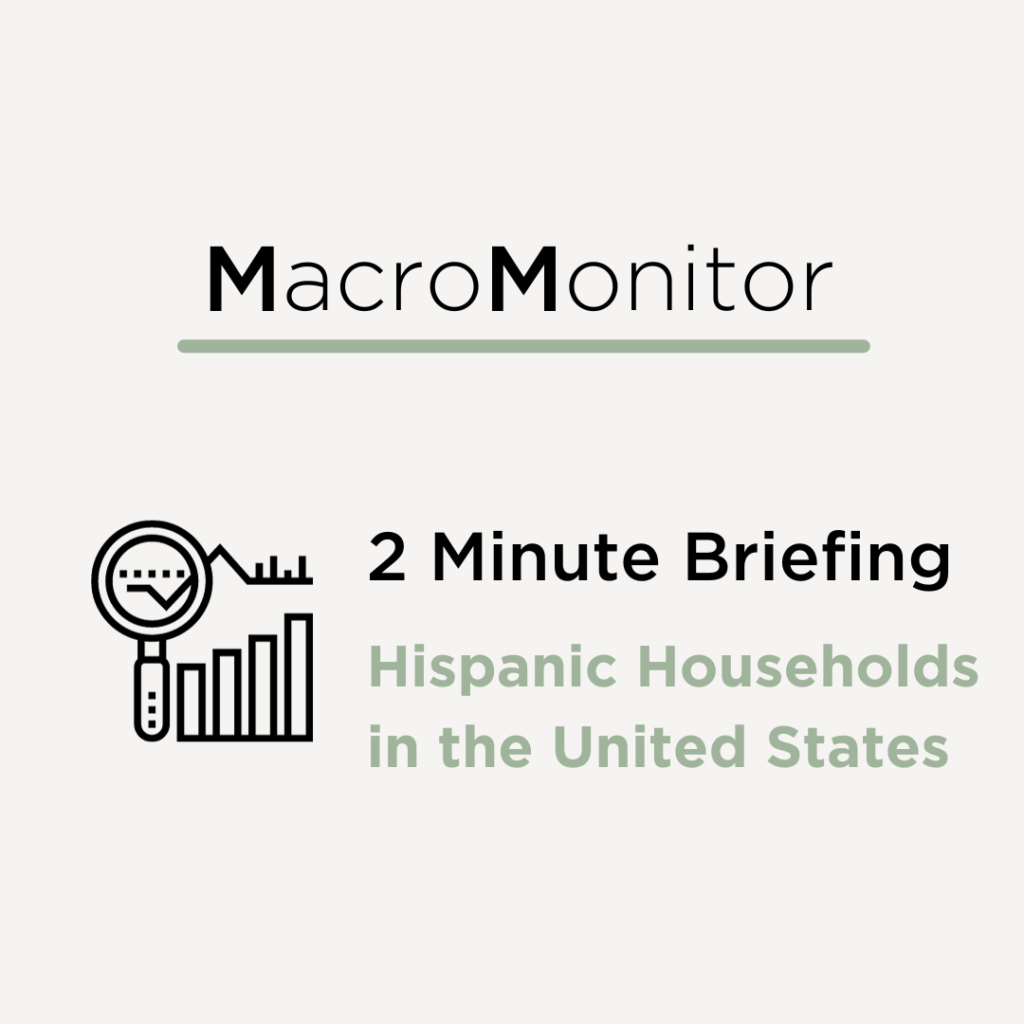













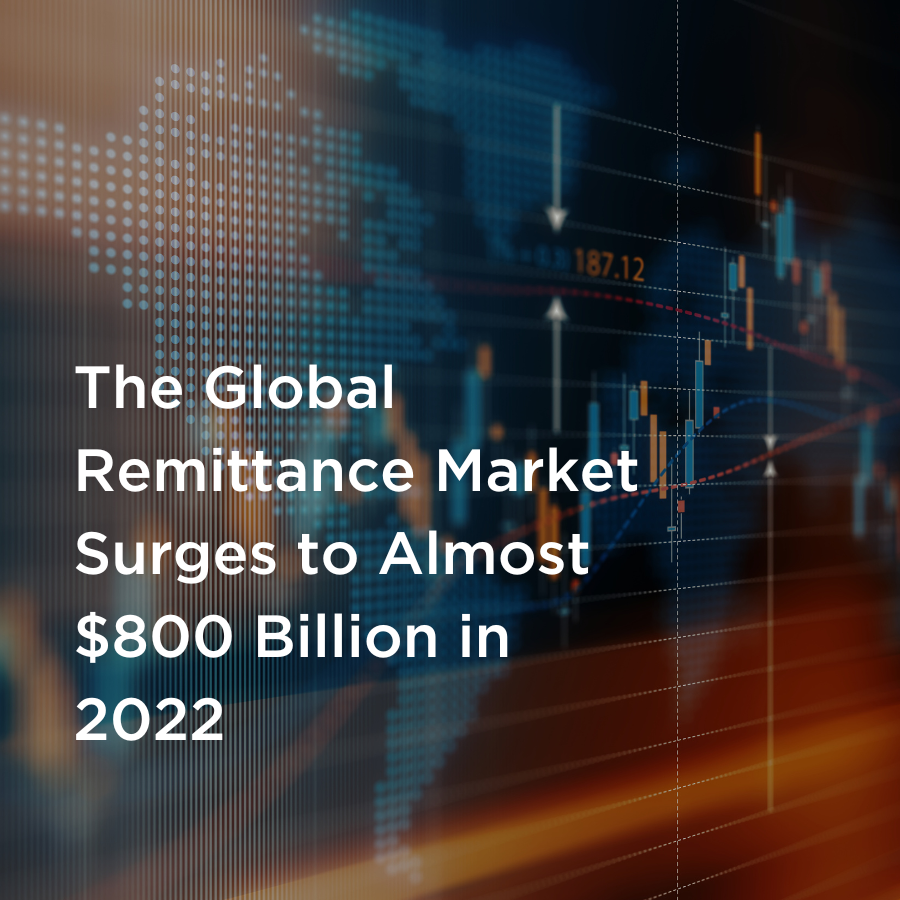

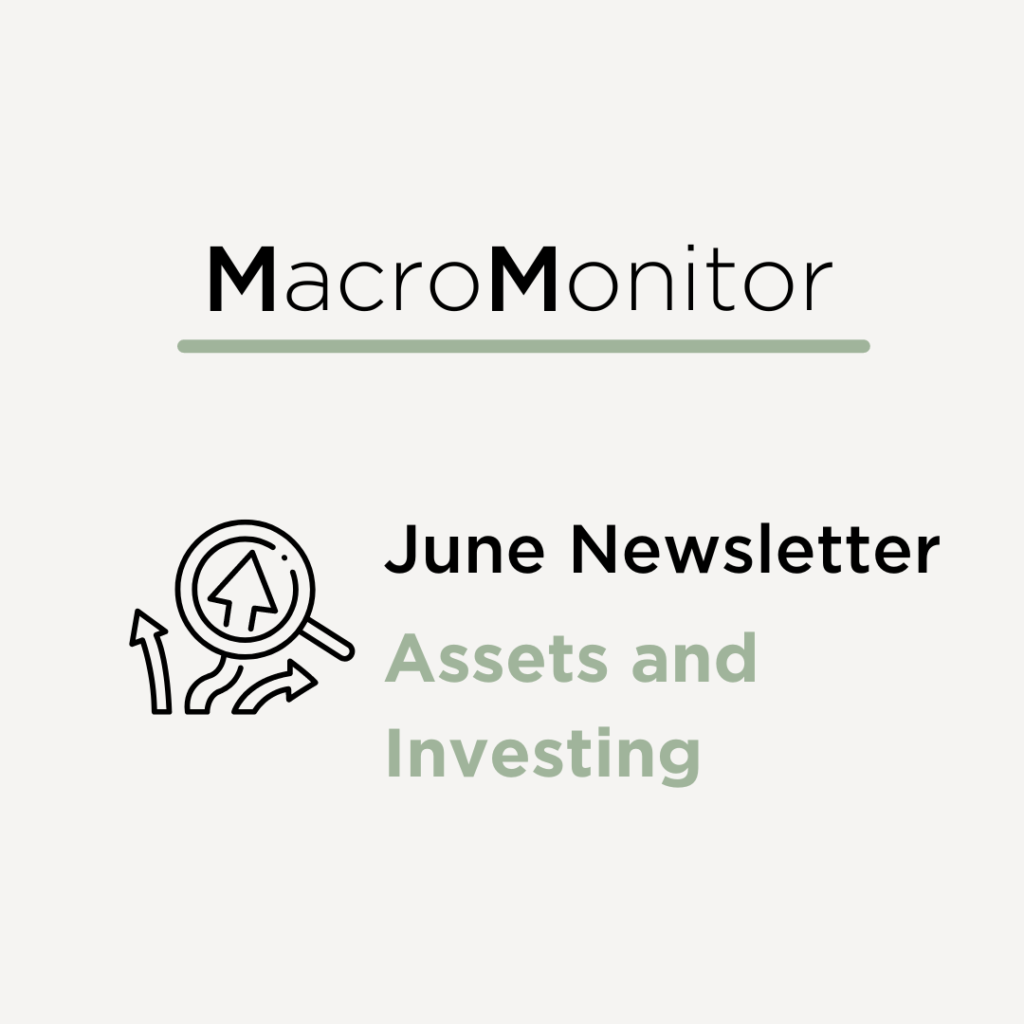



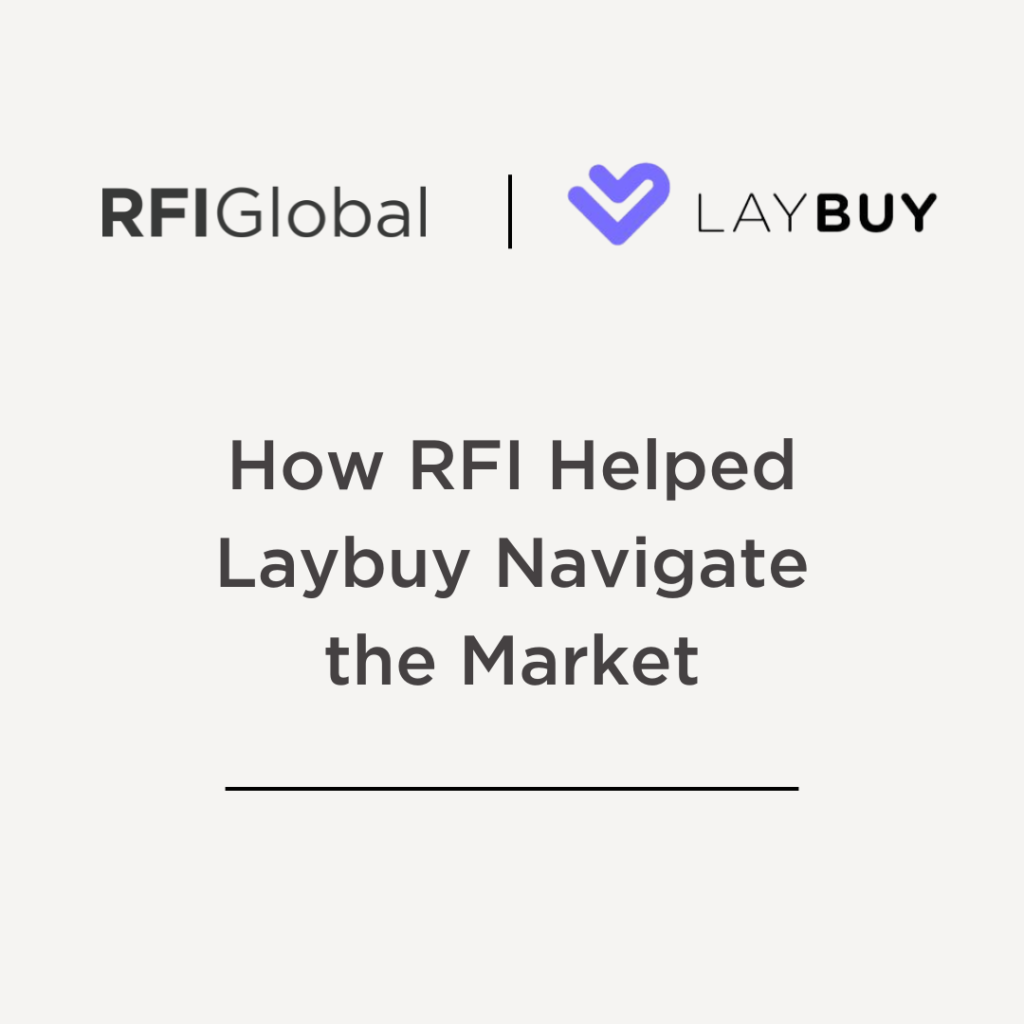





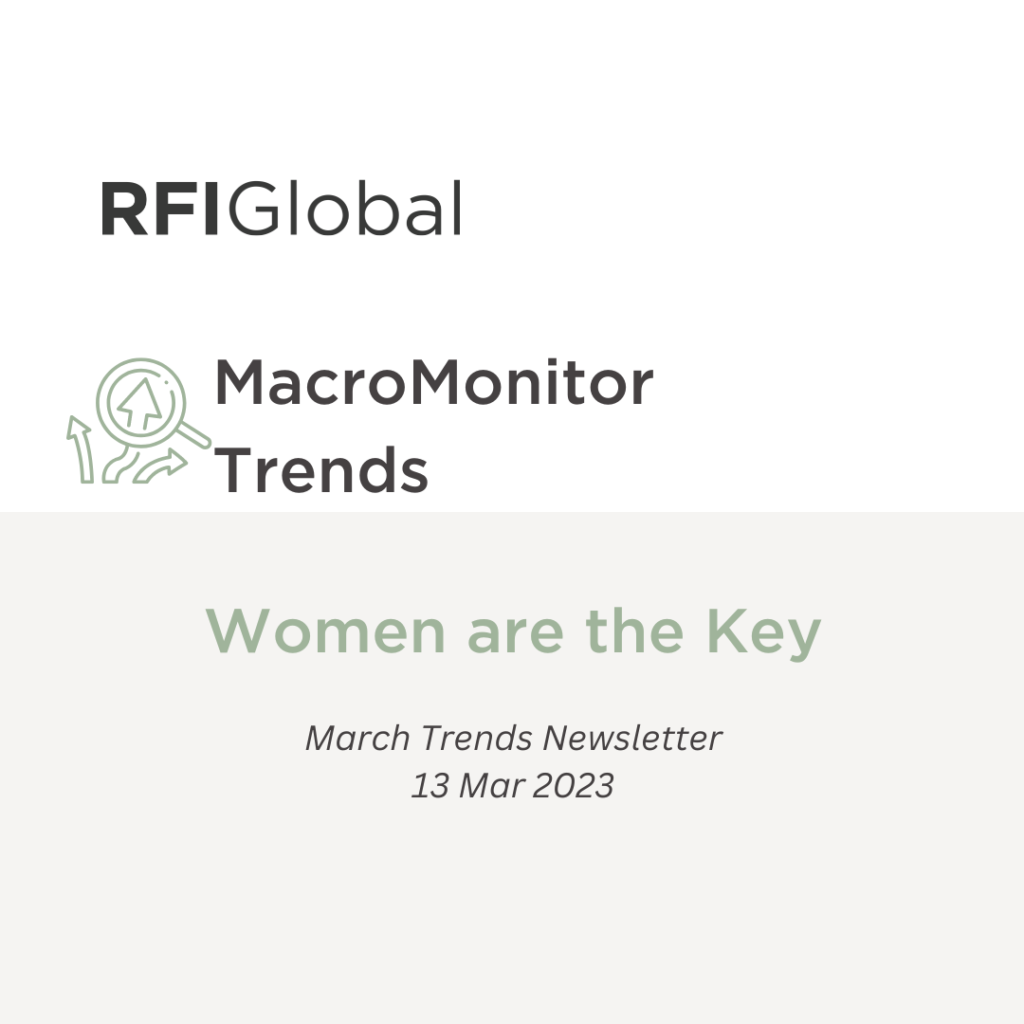


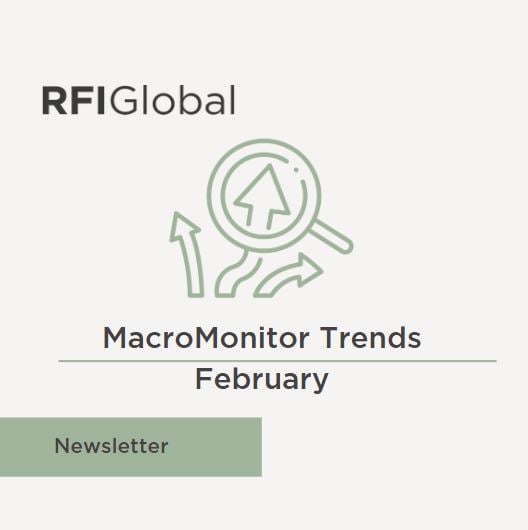


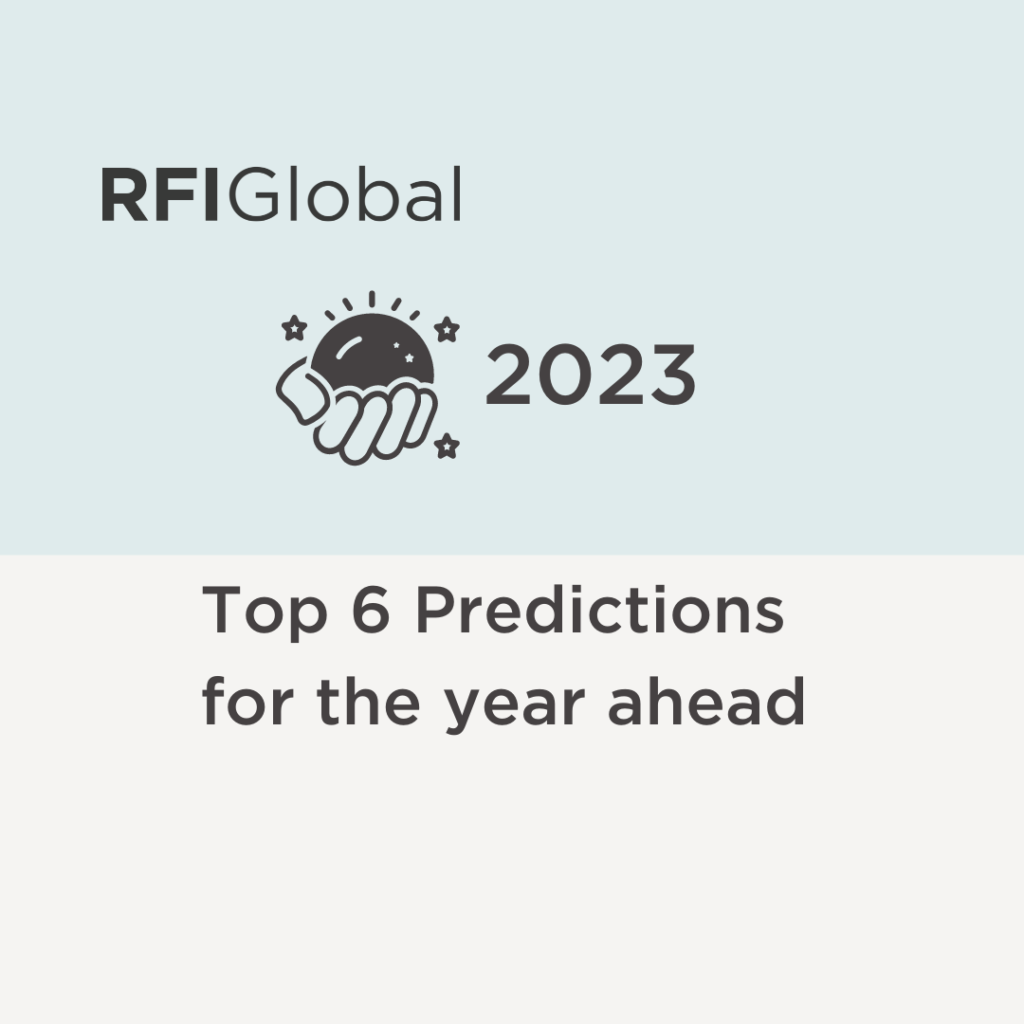



























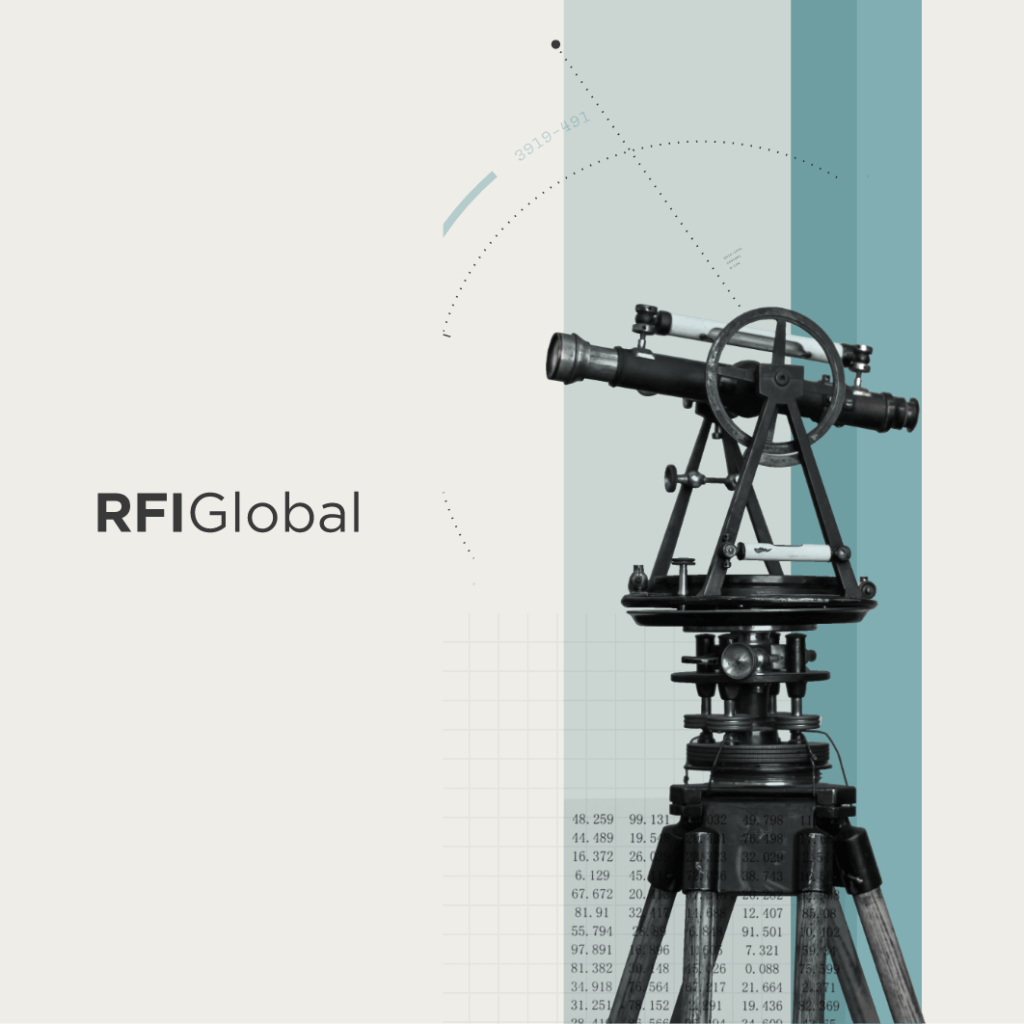


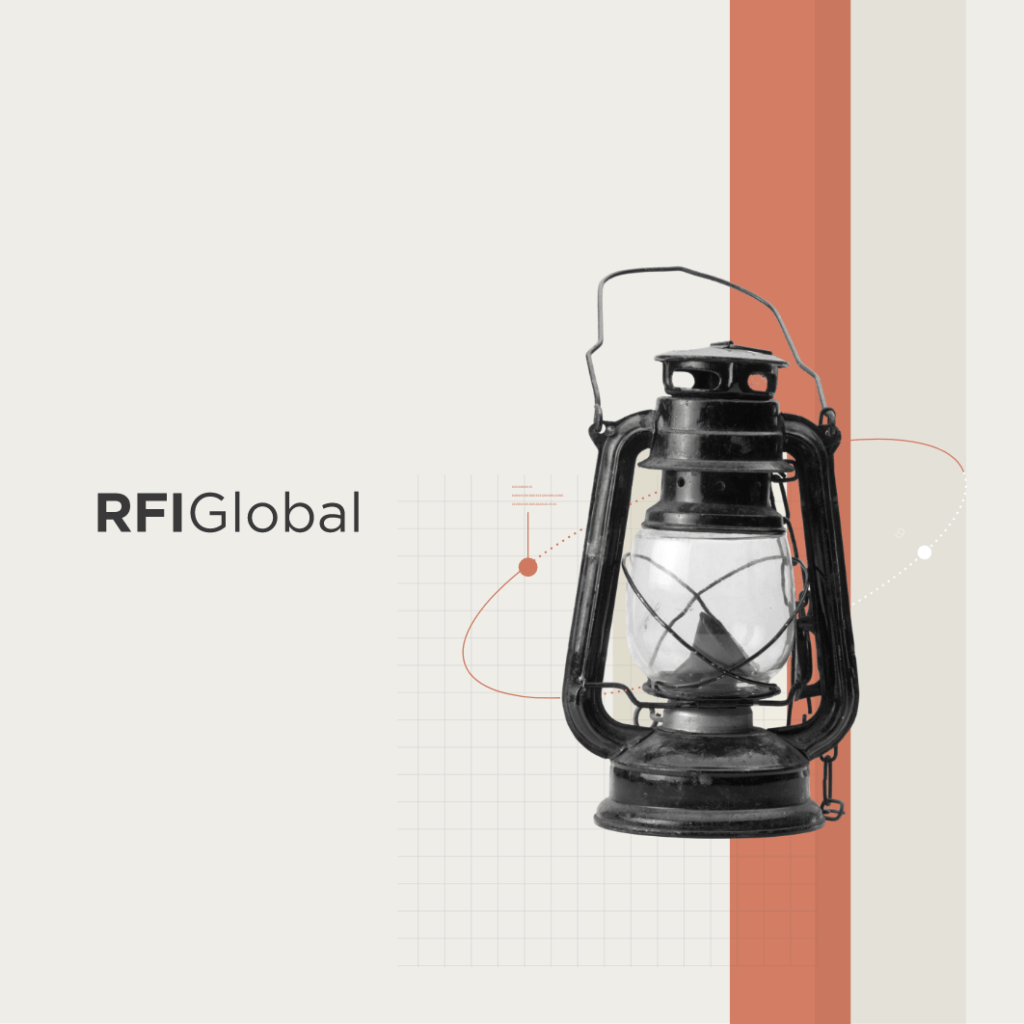
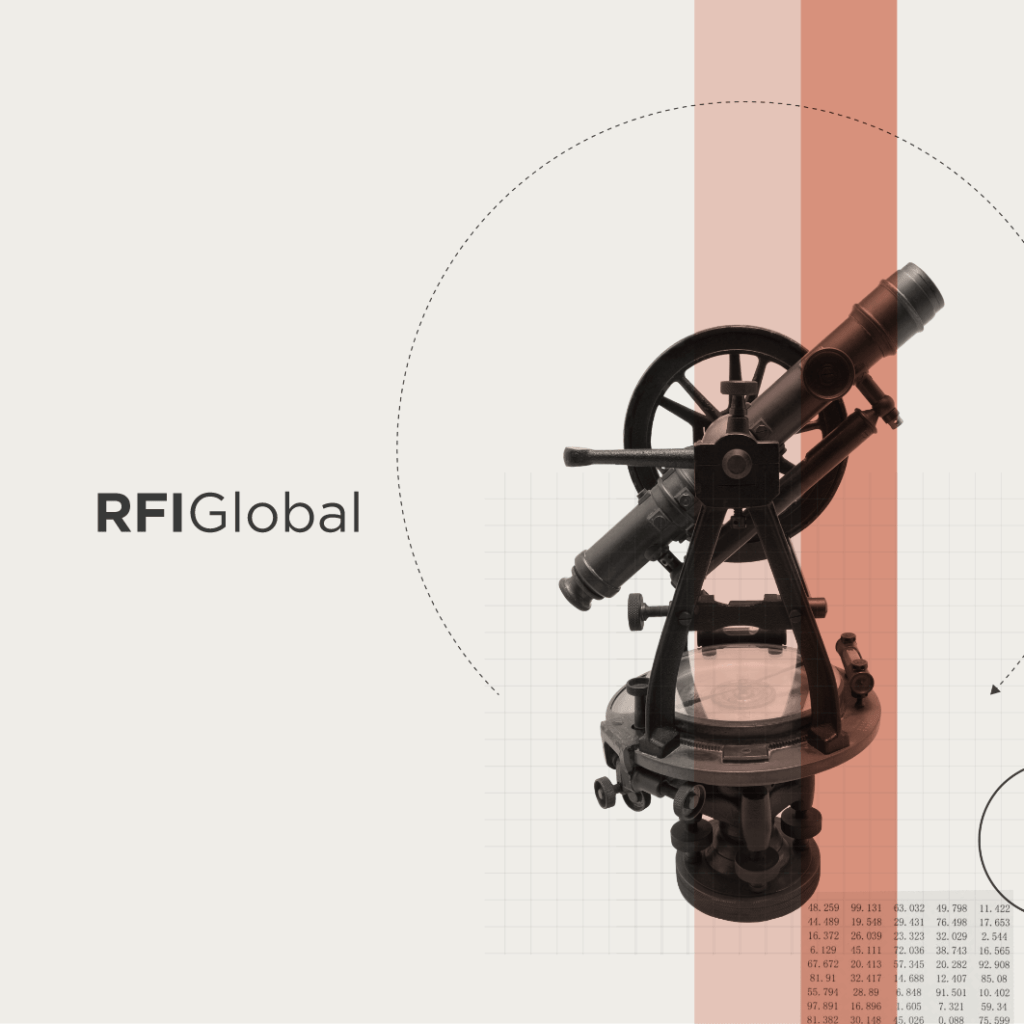
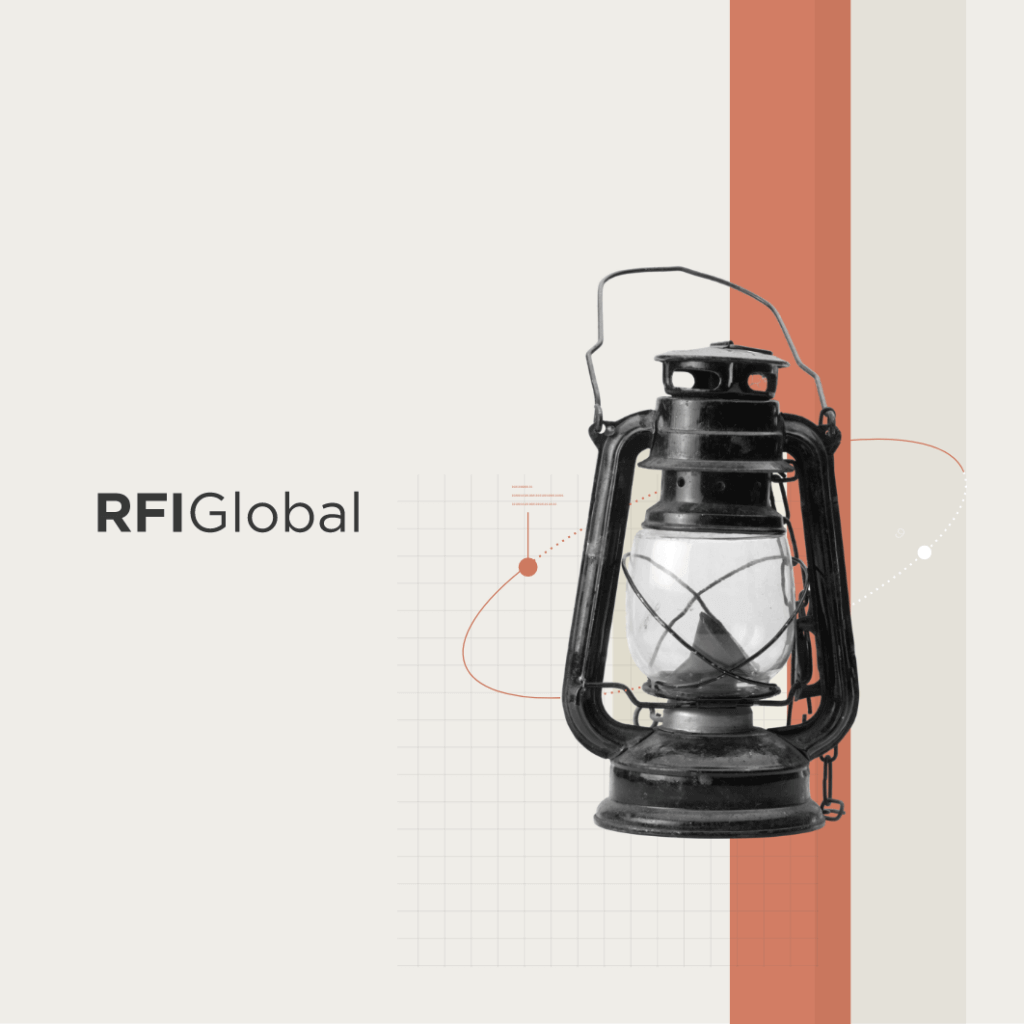
/NQA-ISO-27001-Logo-UKAS.jpg)